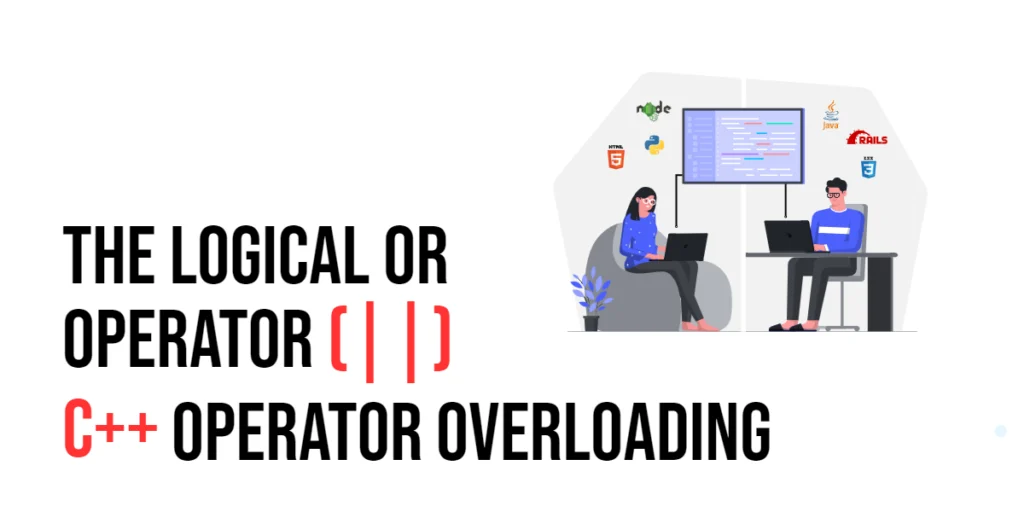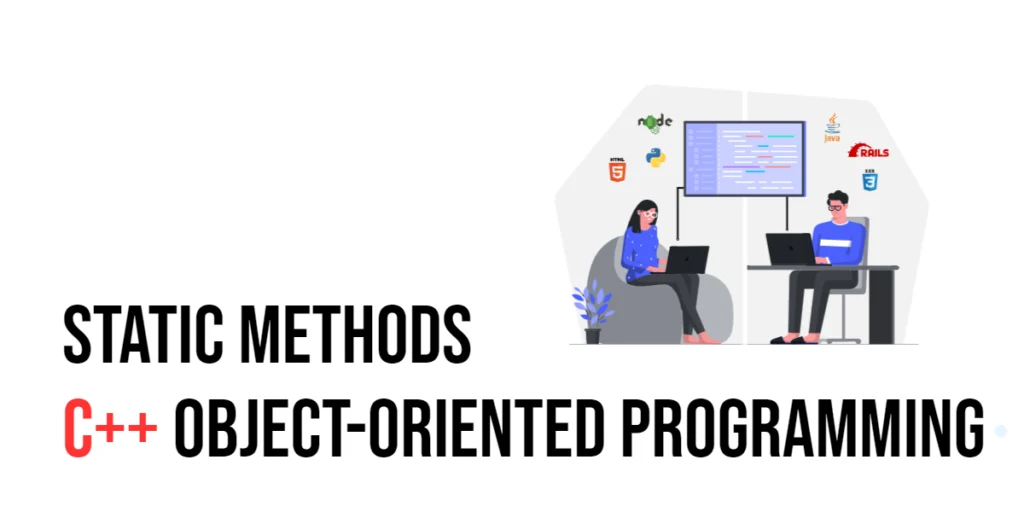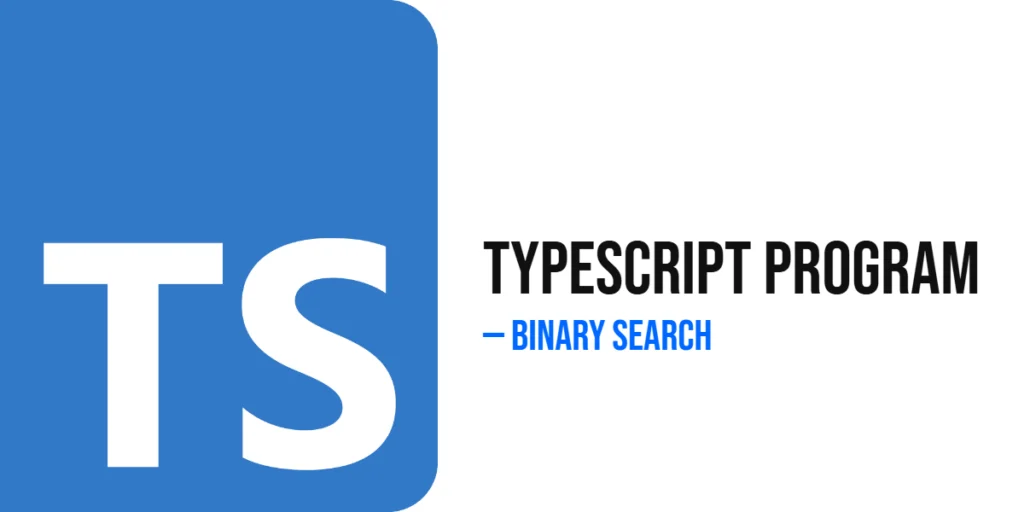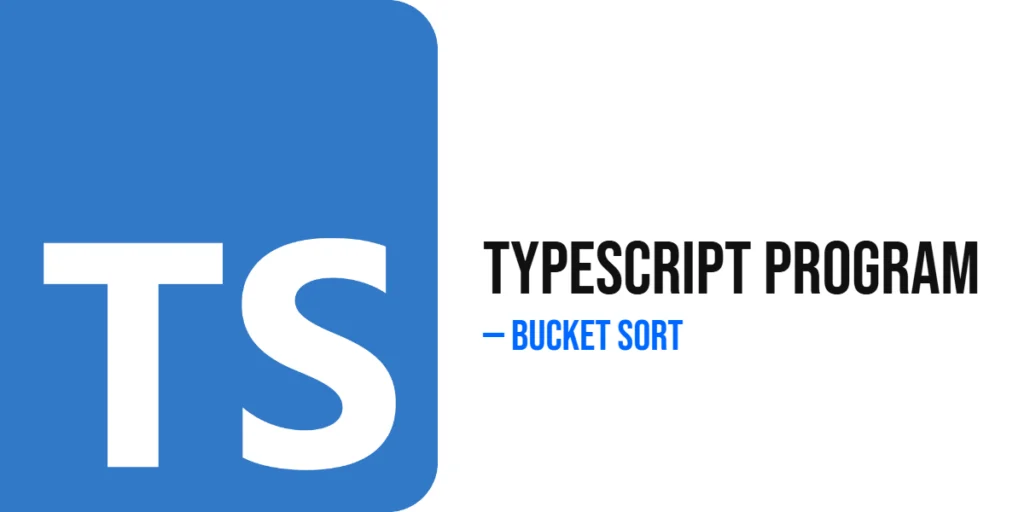In C++, operator overloading allows us to customize how operators work with our own classes and objects, making our code not only easier to read and maintain but also more intuitive in terms of operations. This is incredibly helpful when we deal with complex data structures where standard operations aren’t enough. Today, we’ll dive into operator overloading with a focus on one particular operator: the logical OR (||). We’ll use a straightforward Point class example to clearly illustrate this concept.
What is Operator Overloading?
Imagine being able to redefine what the plus (+) sign does in your programs, or deciding how equality (==) should work between two objects you created. That’s what operator overloading offers in C++. It lets programmers redefine the functionality of various operators (like arithmetic or comparison operators) to work with user-defined types such as classes. The key to successfully overloading operators is to maintain their inherent meaning to avoid confusion, ensuring they act as one would expect.
Decoding the Logical OR Operator
In standard C++, the logical OR operator (||) is used between two boolean values (true or false) and returns true if either of the values is true. It’s straightforward and used commonly in conditional statements to combine conditions.
However, when we overload this operator for our own classes, we need to think about what “true” might represent for an object. For example, what does it mean for one custom object or another to result in “true” when combined with ||? Let’s explore this with our example using a Point class.
A Practical Example: The Point Class
Imagine you’re working with points on a two-dimensional grid where each point has x and y coordinates. Now, consider needing to decide if combining two such points results in a new point that has any positive coordinates. This decision-making process can be greatly simplified using operator overloading in C++, specifically by customizing how the logical OR operator (||) works for our Point class.
Defining the Point Class
Let’s start by crafting our Point class. It will include basic constructors to initialize points, a custom addition operator to combine points, and our special OR operator to evaluate them under certain conditions.
#include <iostream>
class Point {
public:
int x, y;
// Constructor to initialize coordinates
Point(int x = 0, int y = 0) : x(x), y(y) {}
// Overloading the || operator
bool operator||(const Point& other) {
Point result = *this + other;
// Check if either coordinate is positive
return result.x > 0 || result.y > 0;
}
// Overloading the + operator to combine points
Point operator+(const Point& other) const {
return Point(x + other.x, y + other.y);
}
// Function to display point coordinates
void display() const {
std::cout << "(" << x << ", " << y << ")" << std::endl;
}
};Using the Overloaded Operators
With our class defined, let’s demonstrate how the overloaded || operator can be used in practice:
int main() {
Point p1(1, 2);
Point p2(3, 4);
Point p3(-4, -6);
// Check the logical OR result of p1 and p2
if (p1 || p2) {
std::cout << "p1 || p2 results in true" << std::endl;
}
// Check the logical OR result of p3 and p1
if (!(p3 || p1)) {
std::cout << "p3 || p1 results in false" << std::endl;
}
return 0;
}In this example, p1 || p2 evaluates to true because adding p1 and p2 results in the point (4, 6), which has both coordinates positive. Conversely, p3 || p1 returns false as the resulting point (-3, -4) has both coordinates negative.
Enhancing Our Class with More Functionality
To further illustrate the power of operator overloading, we can extend our Point class to handle adding an integer to both coordinates. This addition showcases how different types can interact through operators, enhancing the flexibility of our class.
Point operator+(int val) const {
return Point(x + val, y + val);
}
// Usage
Point p4 = p1 + 5; // Adds 5 to both x and y of p1Using this extended functionality, any point can be quickly and conveniently adjusted by a fixed amount, demonstrating the versatility of operator overloading.
Operator overloading in C++ allows for creating more intuitive and expressive interactions between objects. By customizing the logical OR operator for our Point class, we’ve made it possible to directly evaluate complex conditions in a simple, readable manner. This approach ensures that your code is not only efficient but also clear and easy to understand, making it a powerful tool in your programming arsenal.
Conclusion
Operator overloading is a powerful feature in C++ that can transform how your classes work together and interact with basic data types. By allowing you to redefine how operators like the logical OR (||) function with your custom types, you create a more intuitive and expressive way of coding. For example, when we overloaded the || operator for our Point class, it wasn’t just about making our code shorter; it was about making it clearer and more like natural language.
The key to successfully overloading operators lies in maintaining consistency with their original meanings. This is crucial because it prevents confusion and ensures that anyone using your code can predict how it will behave just by looking at it. Essentially, well-implemented operator overloading should feel natural, blending seamlessly with the established norms of the language, thereby making your programs easier to read and maintain.
In summary, when done right, operator overloading can enrich your programming toolkit, making your classes both more powerful and more pleasant to use. It’s like giving standard operations a personal touch that fits perfectly within the logic of your program.







